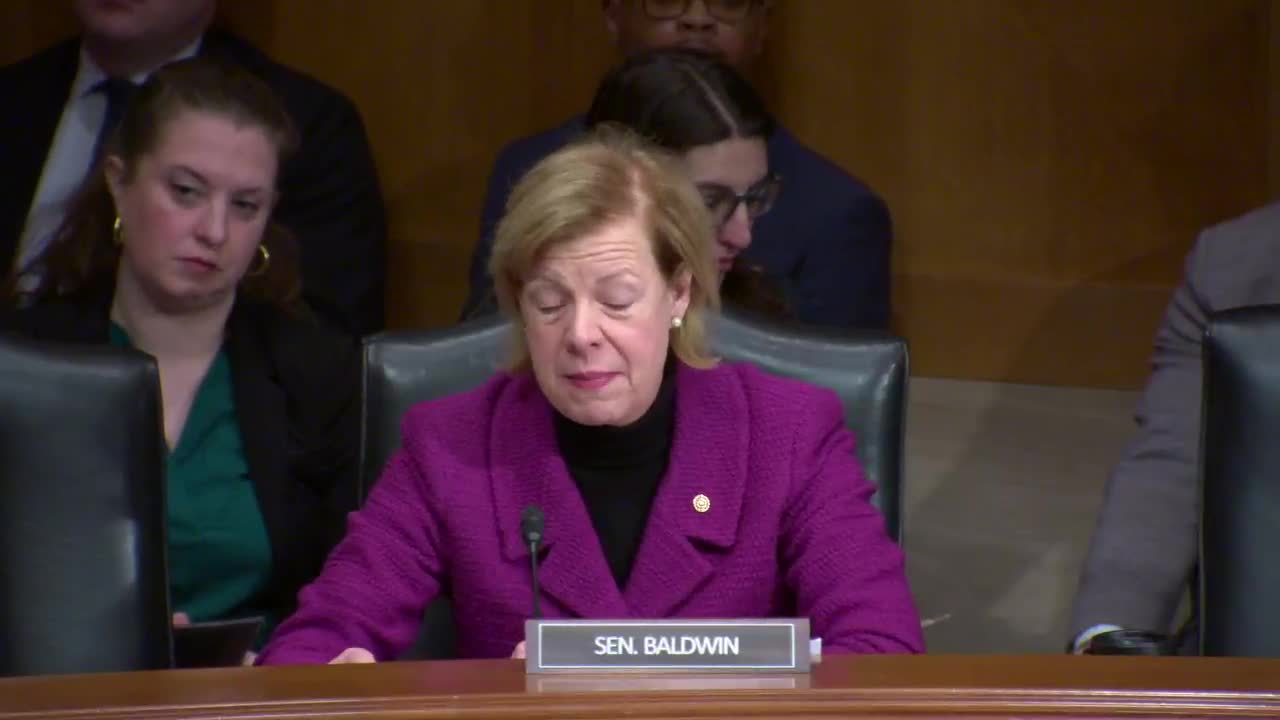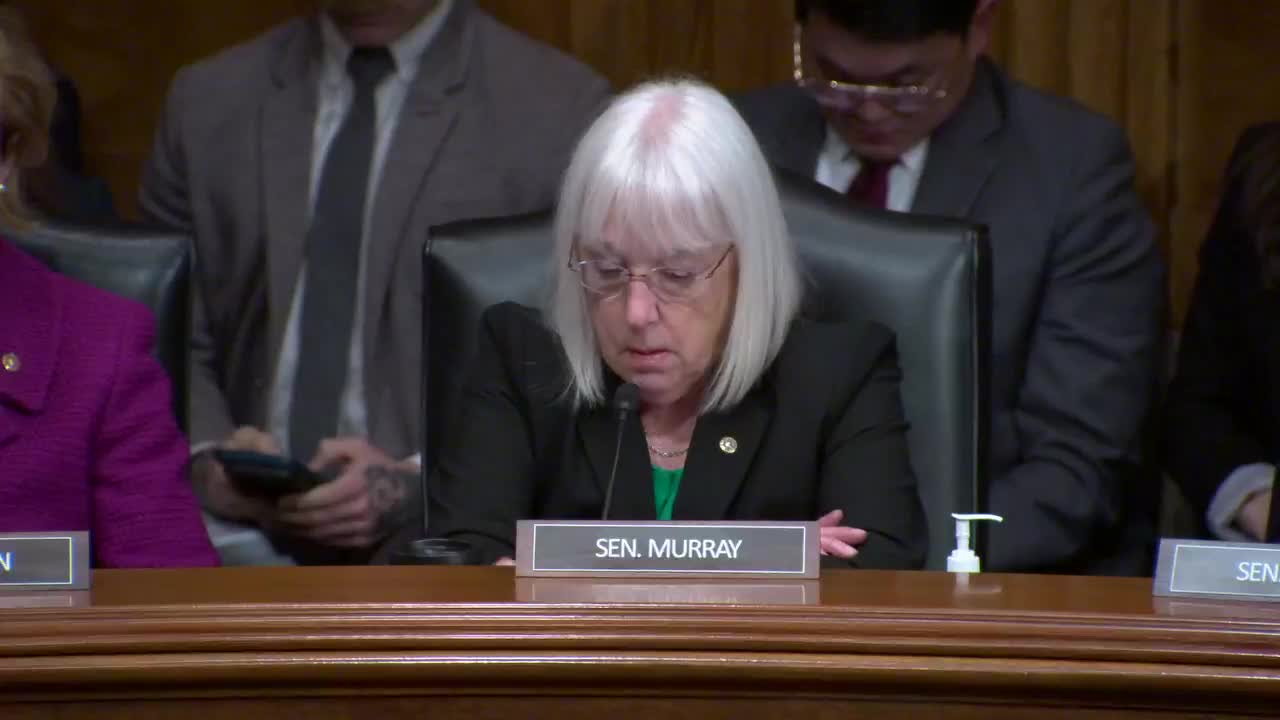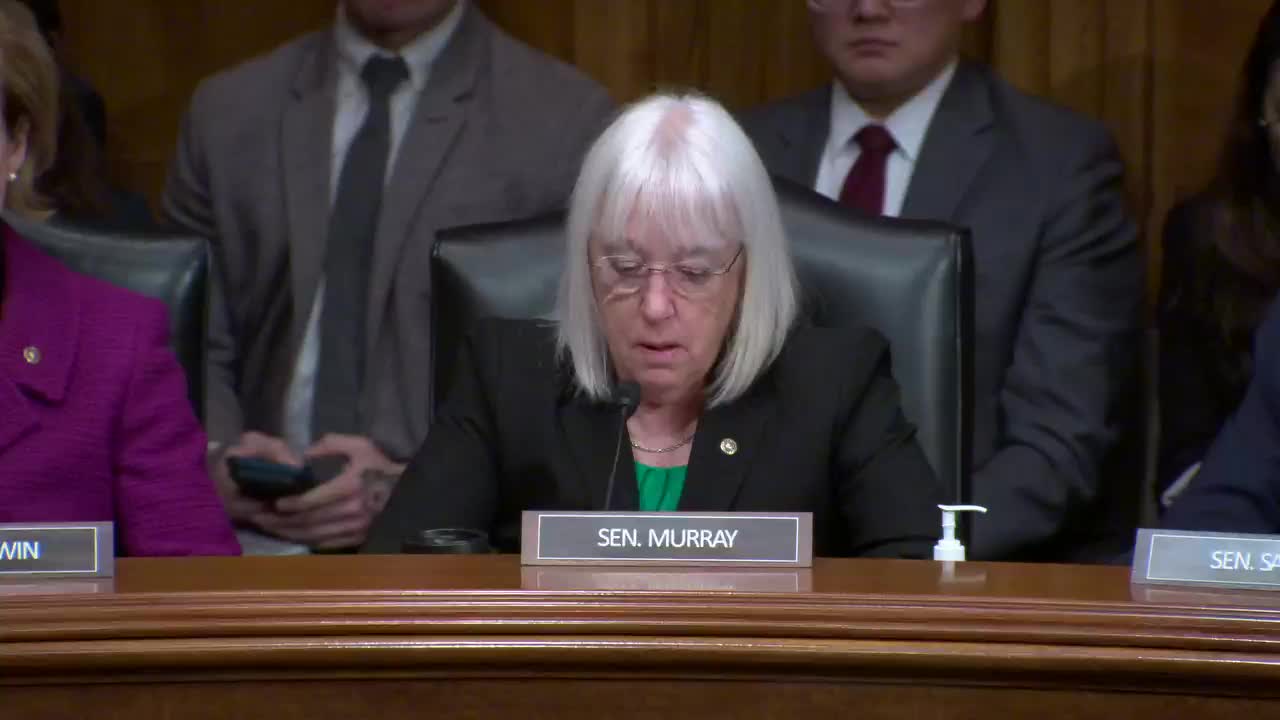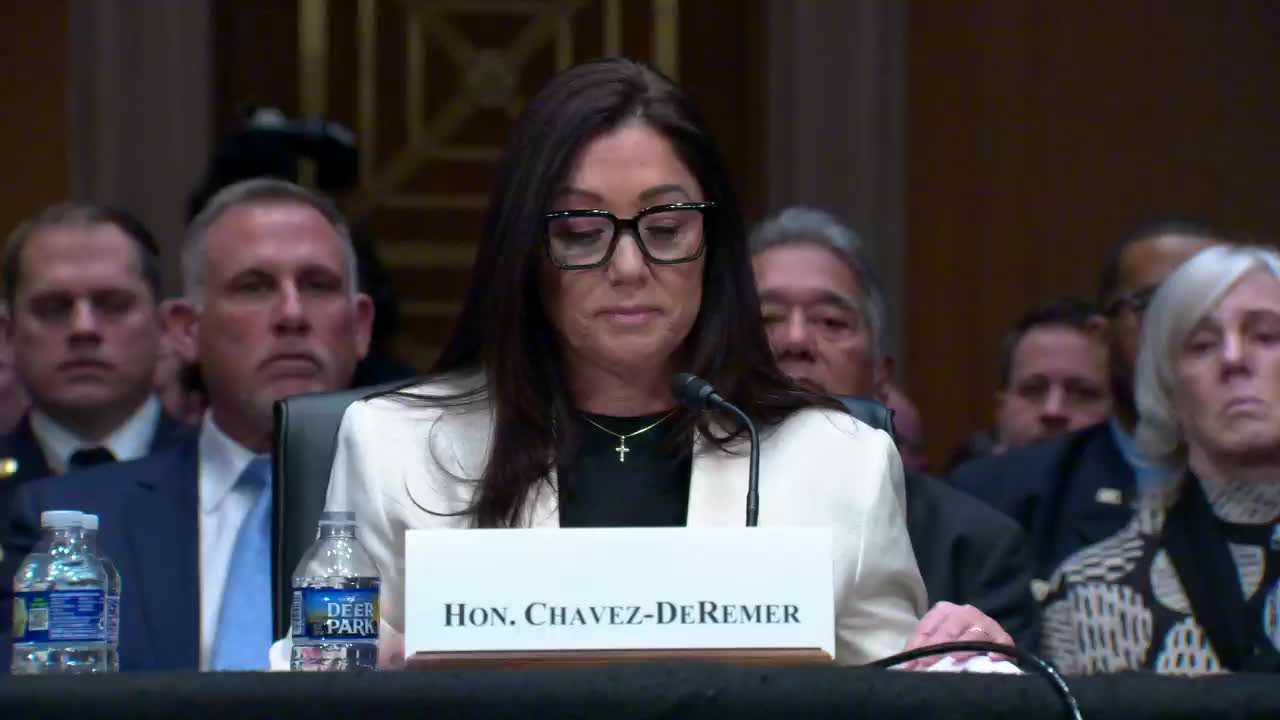Article not found
This article is no longer available. But don't worry—we've gathered other articles that discuss the same topic.

Nominee backs expanded registered apprenticeships and pledges to work on H‑2 visa caps, including seasonal exemptions for seafood processors

Nominee pledges to ‘double down’ on child labor enforcement if confirmed

Senators press nominee on Department of Labor data access after reports that Elon Musk-linked developers accessed sensitive systems

